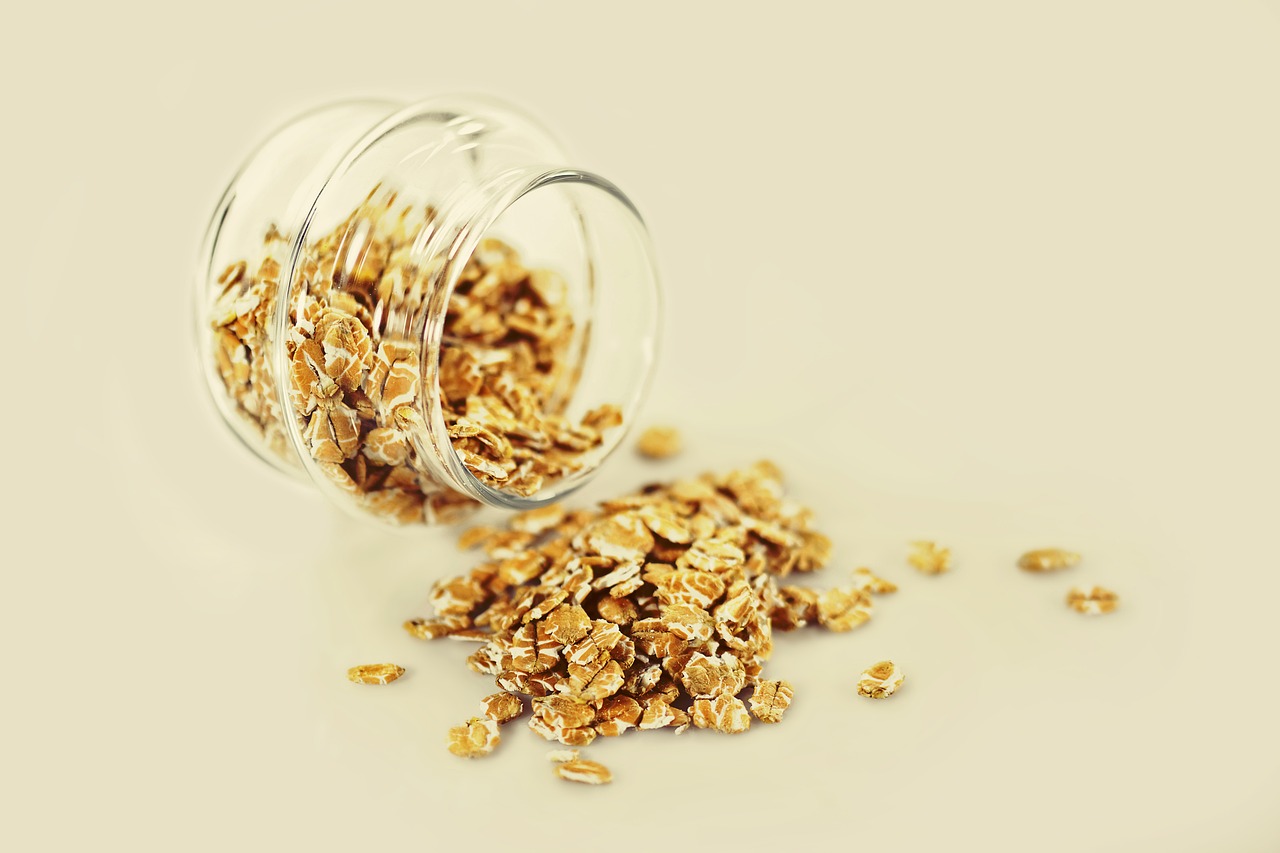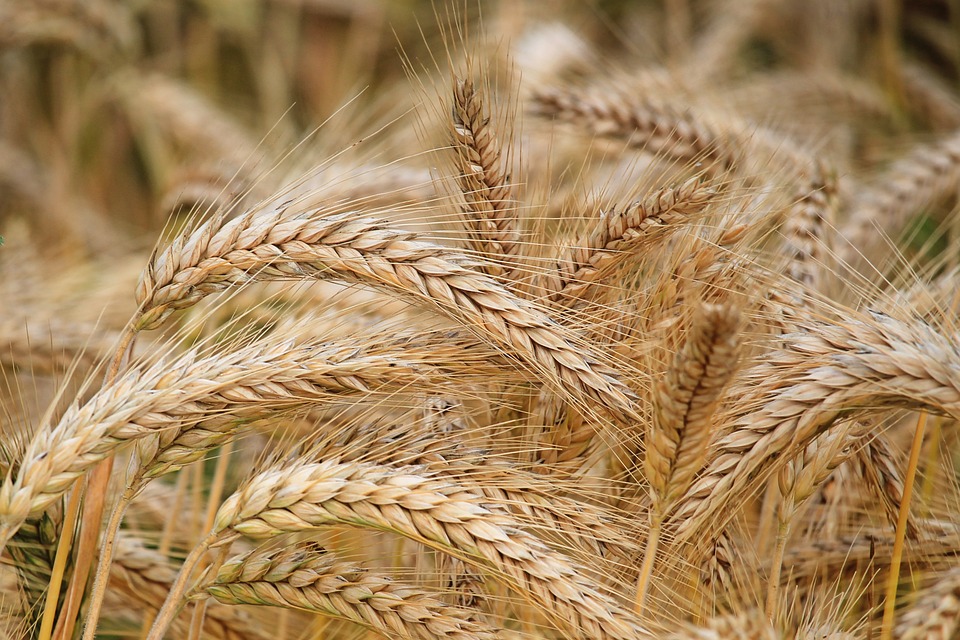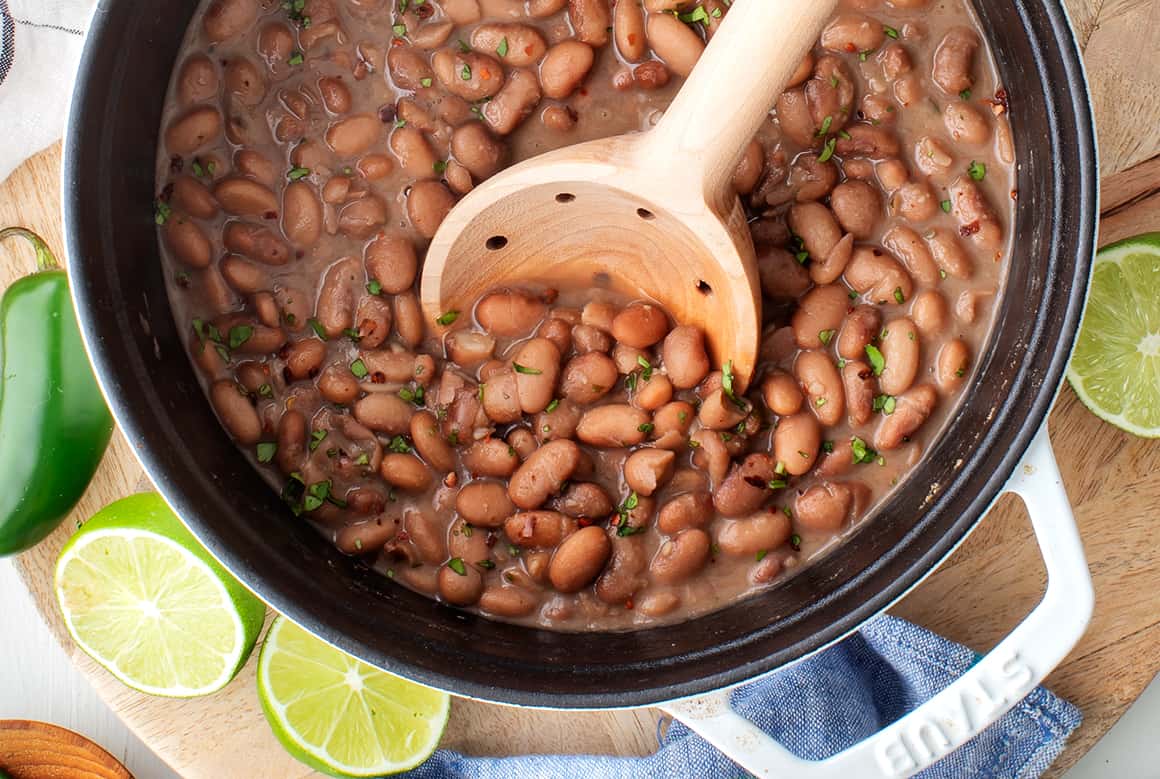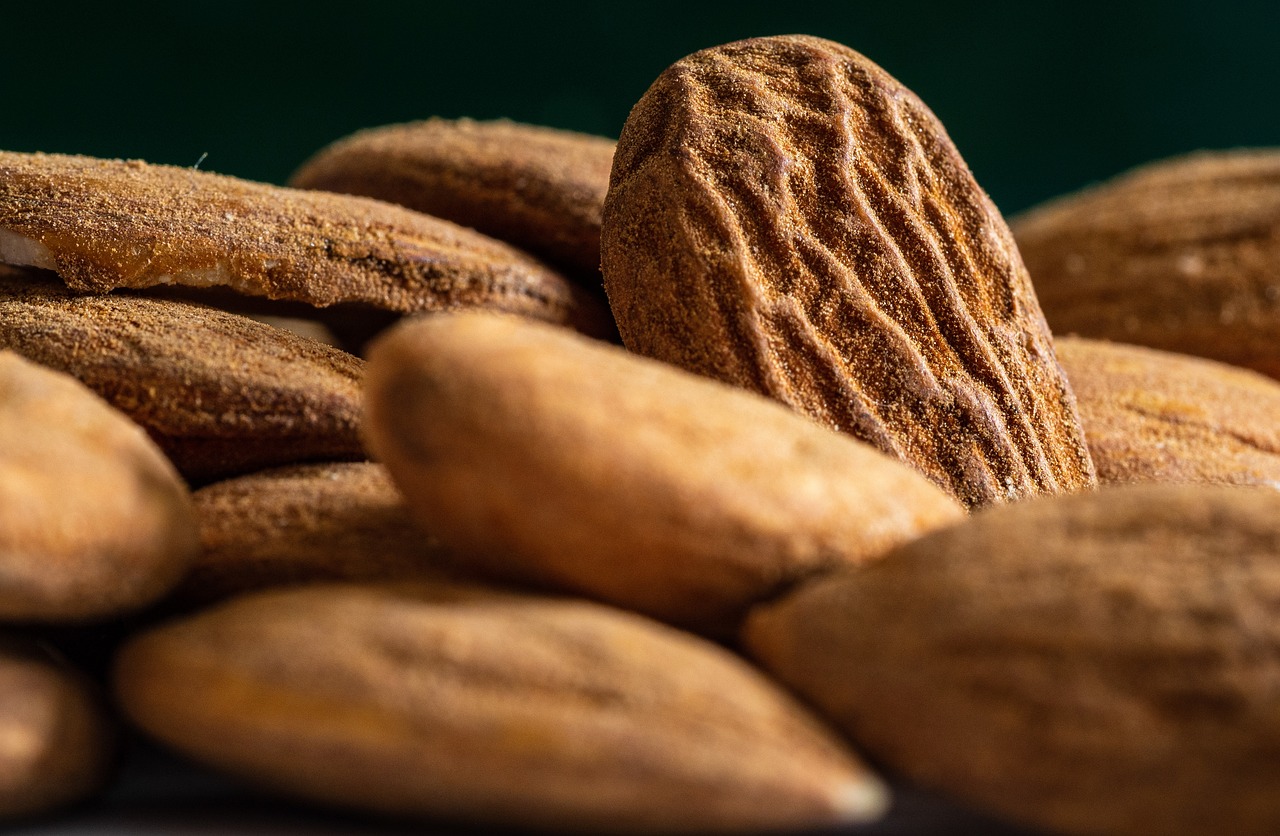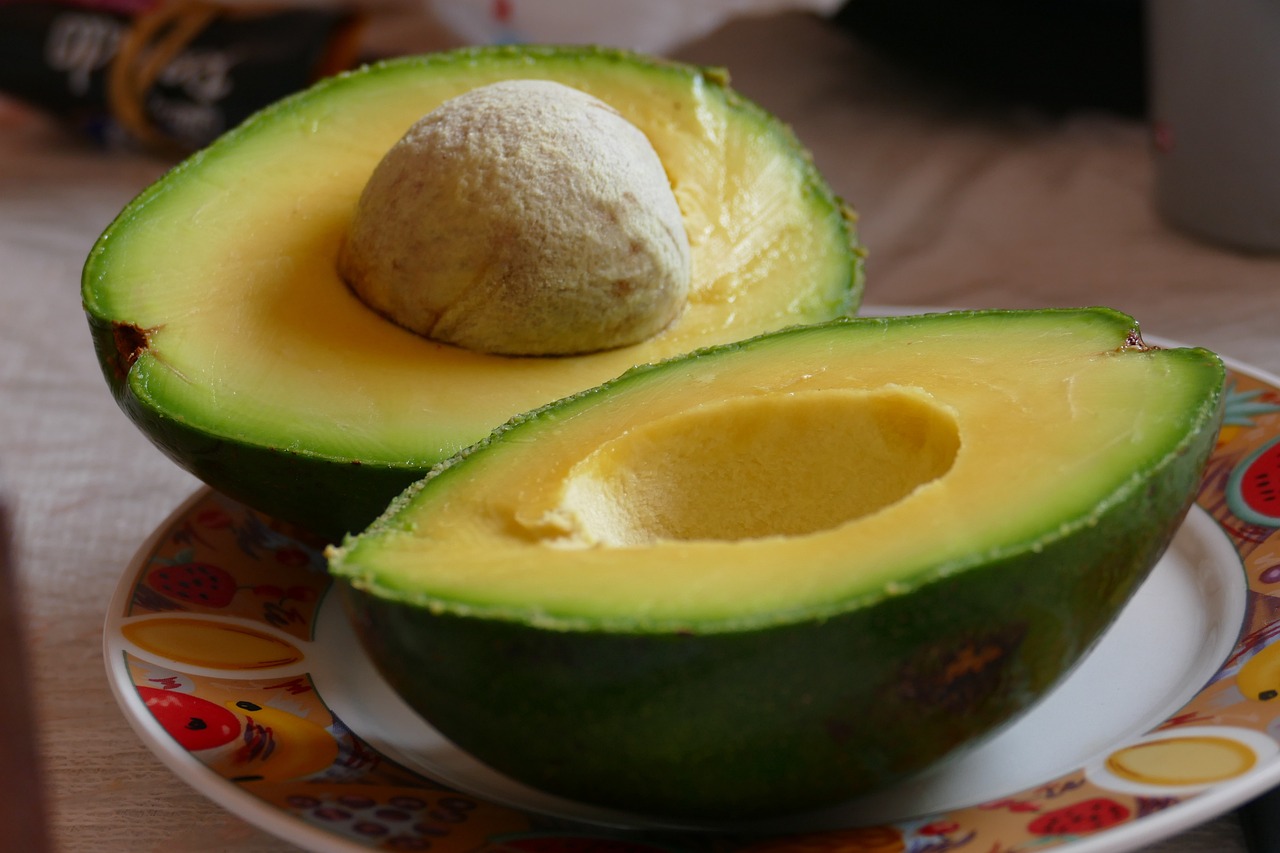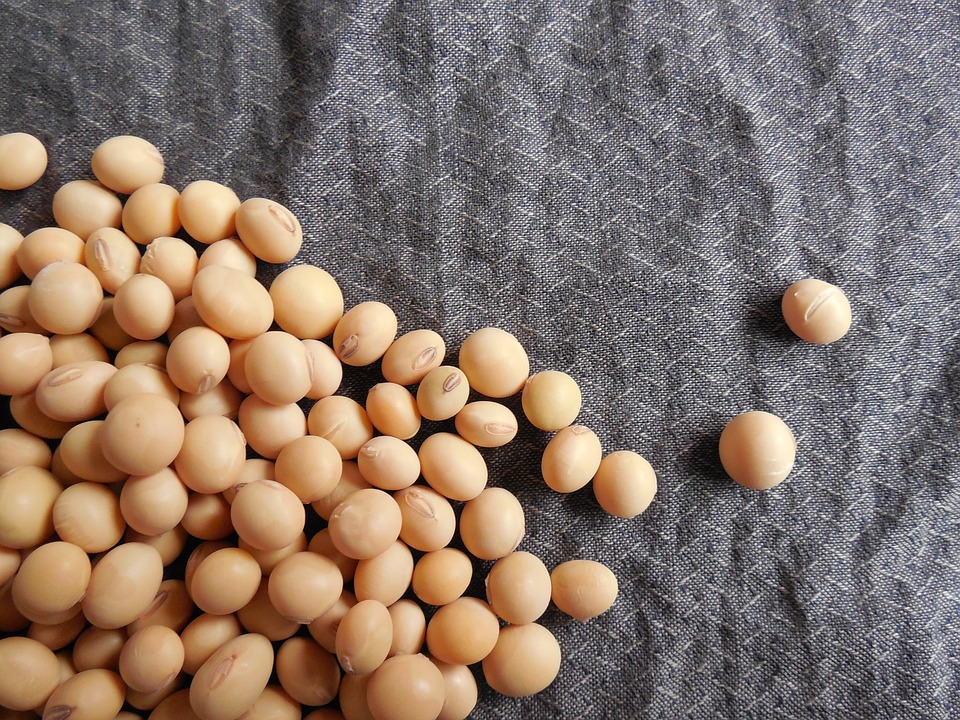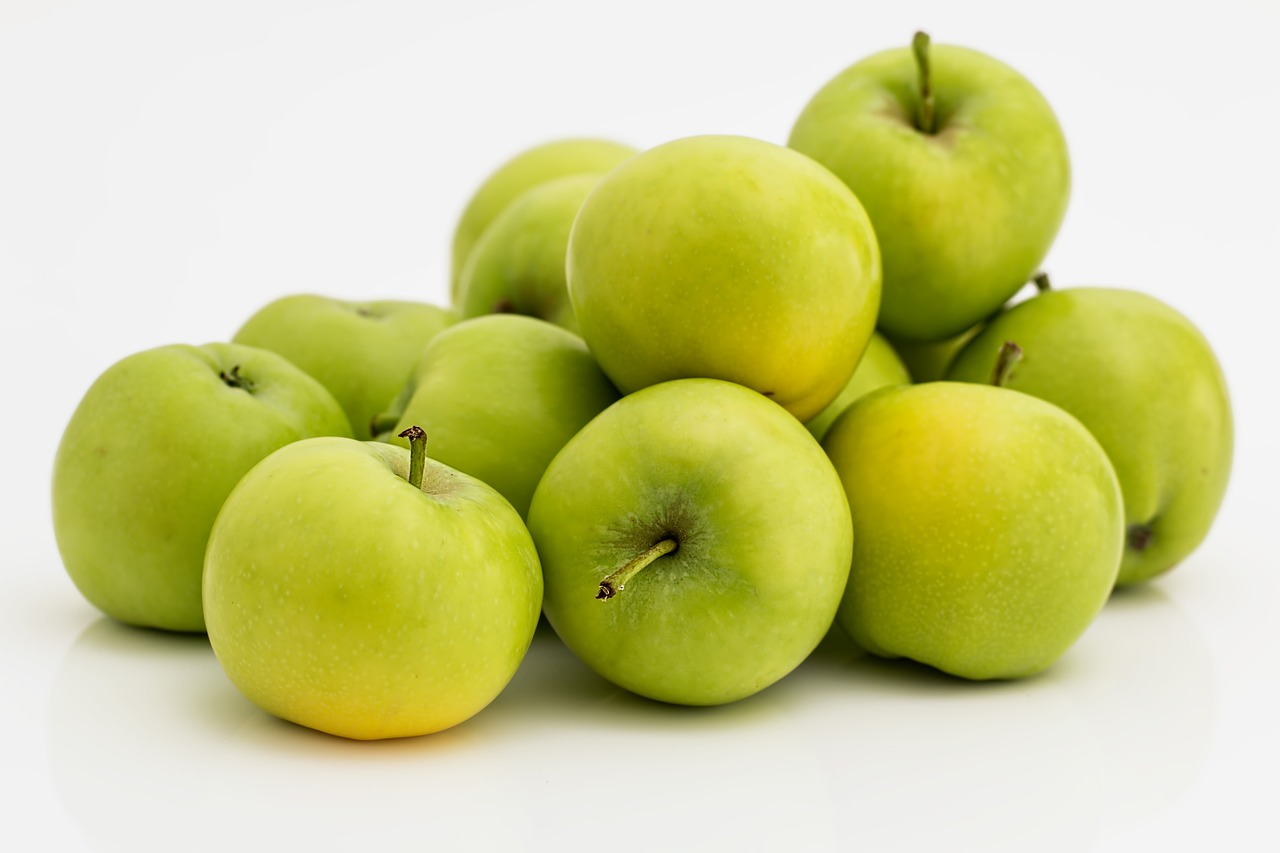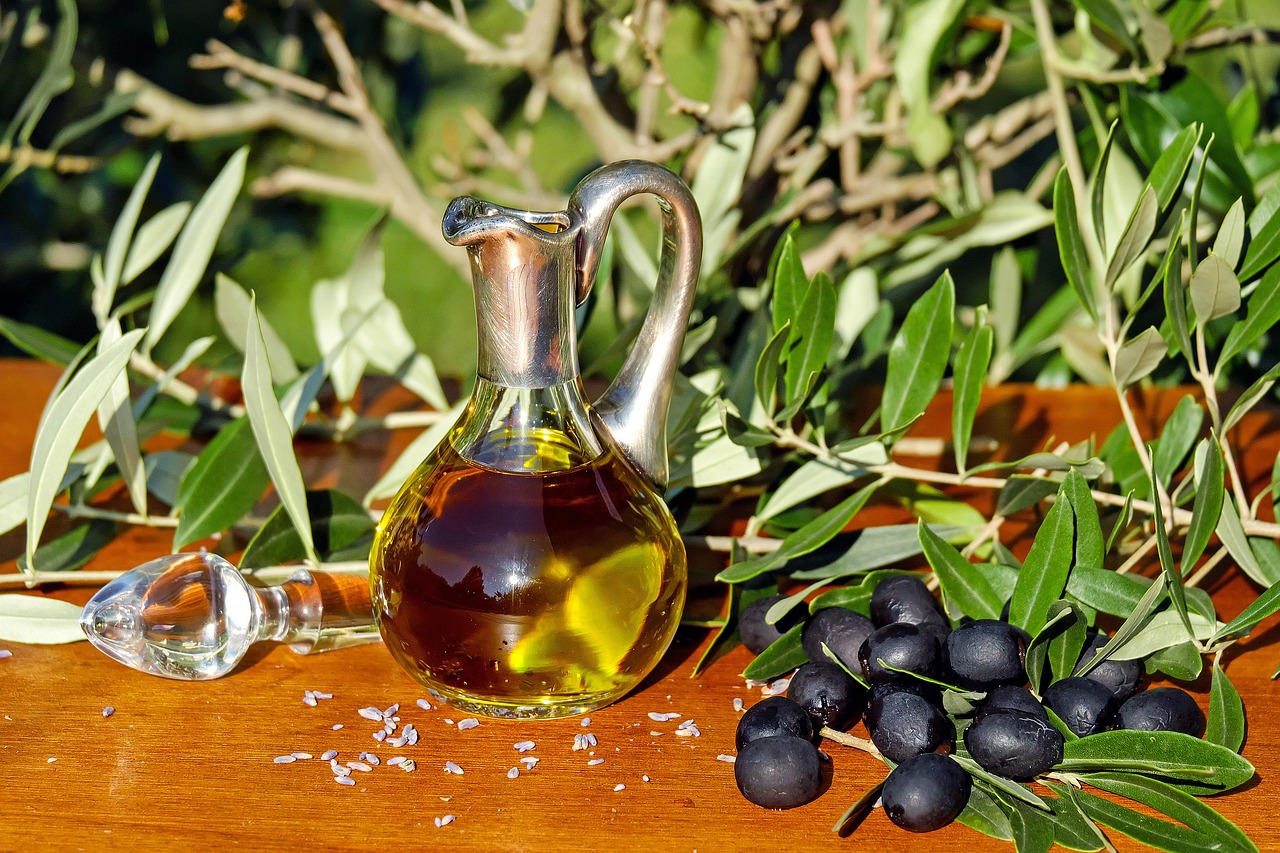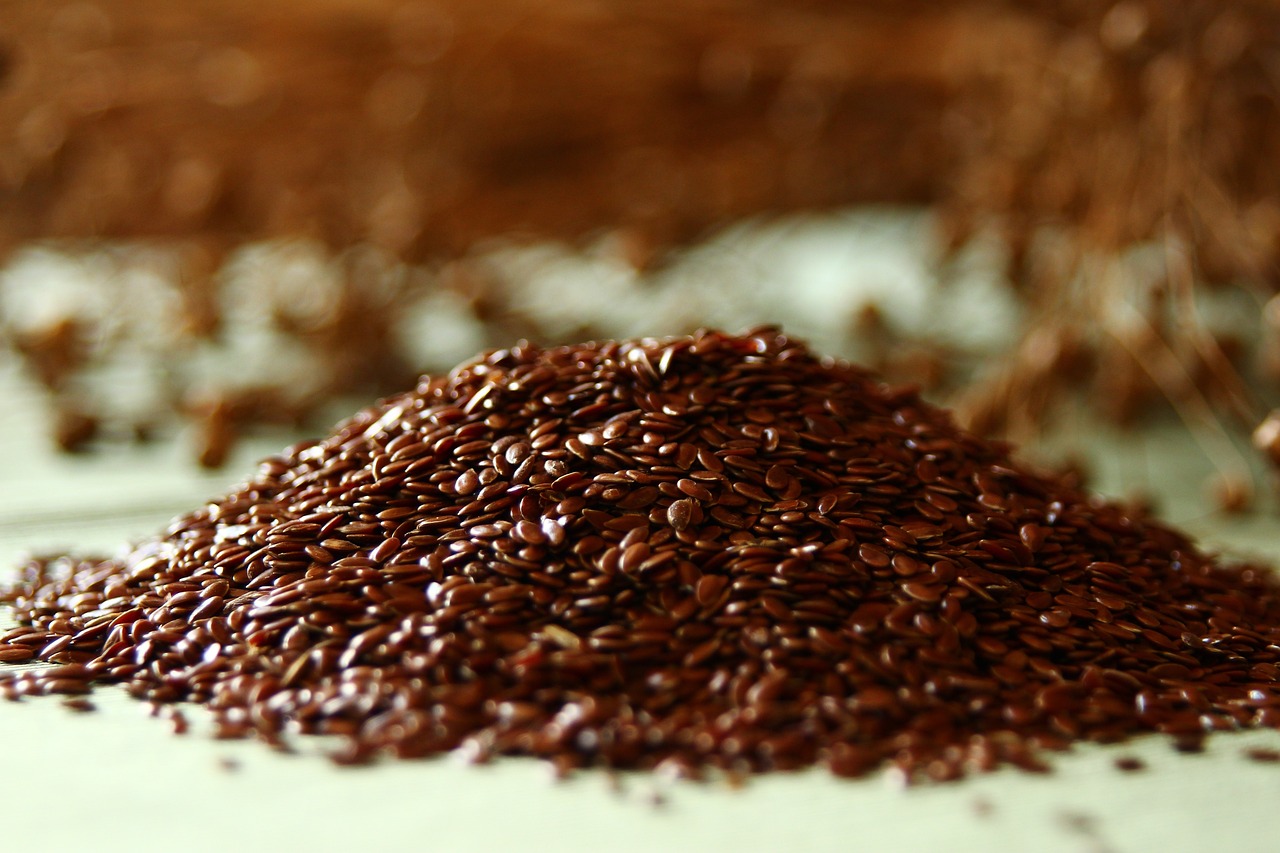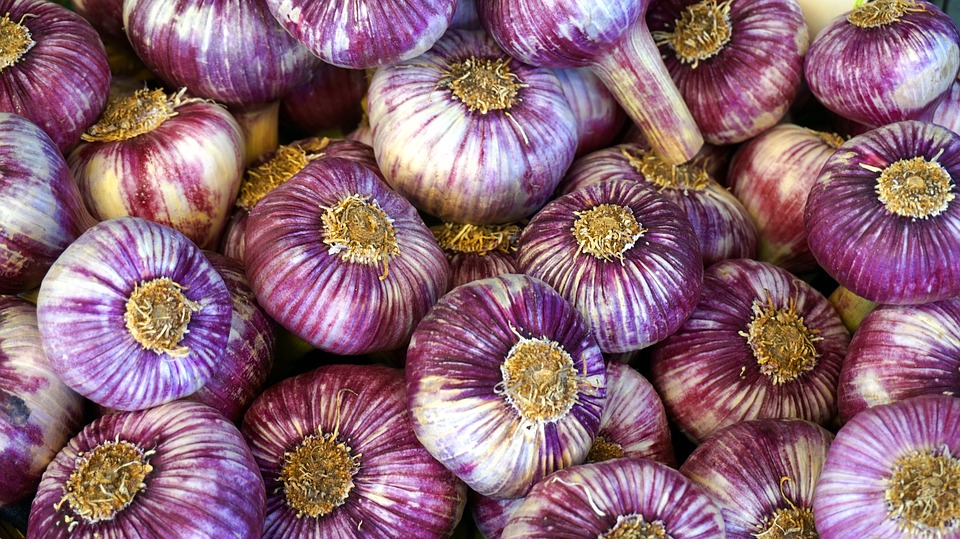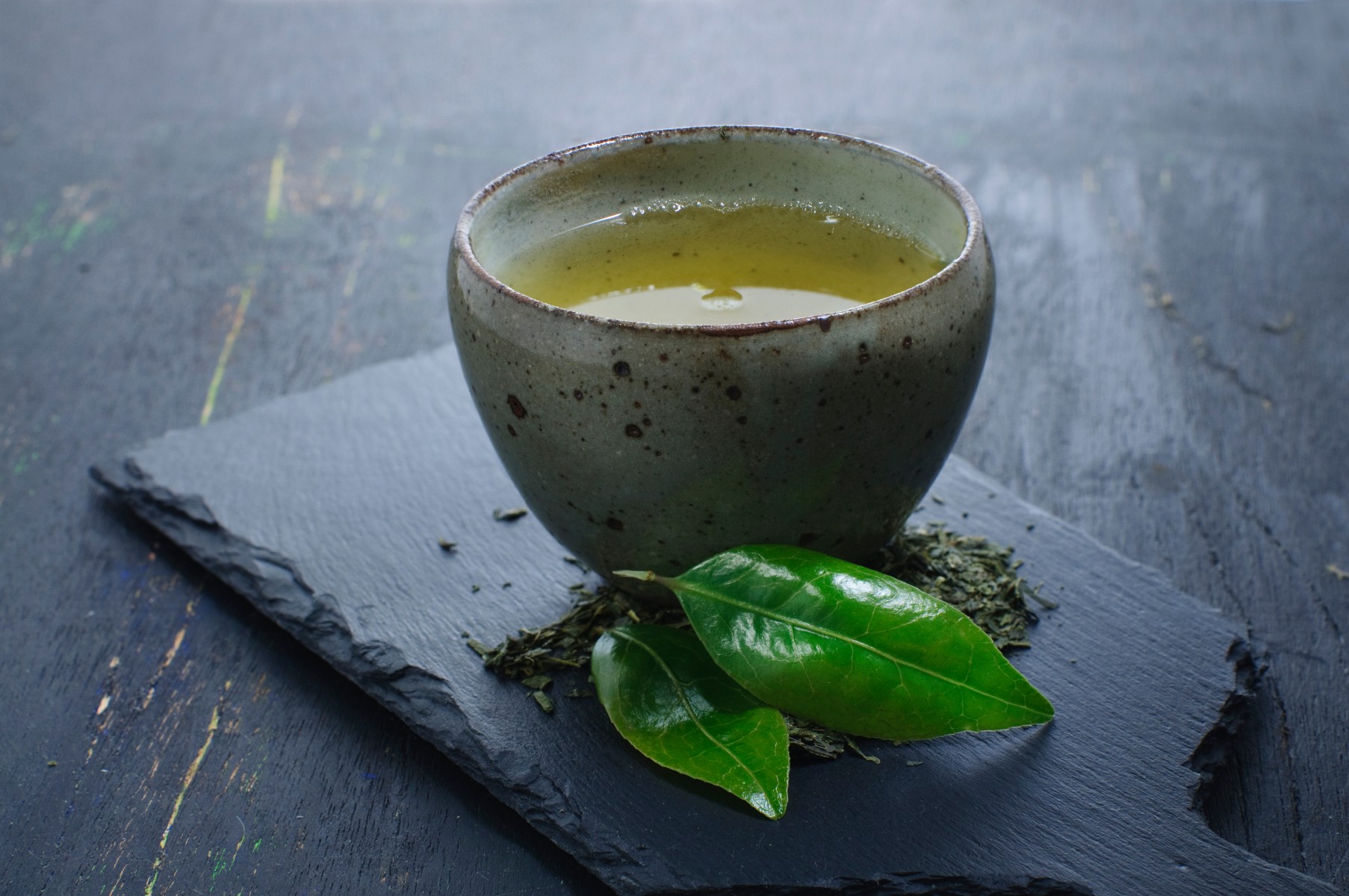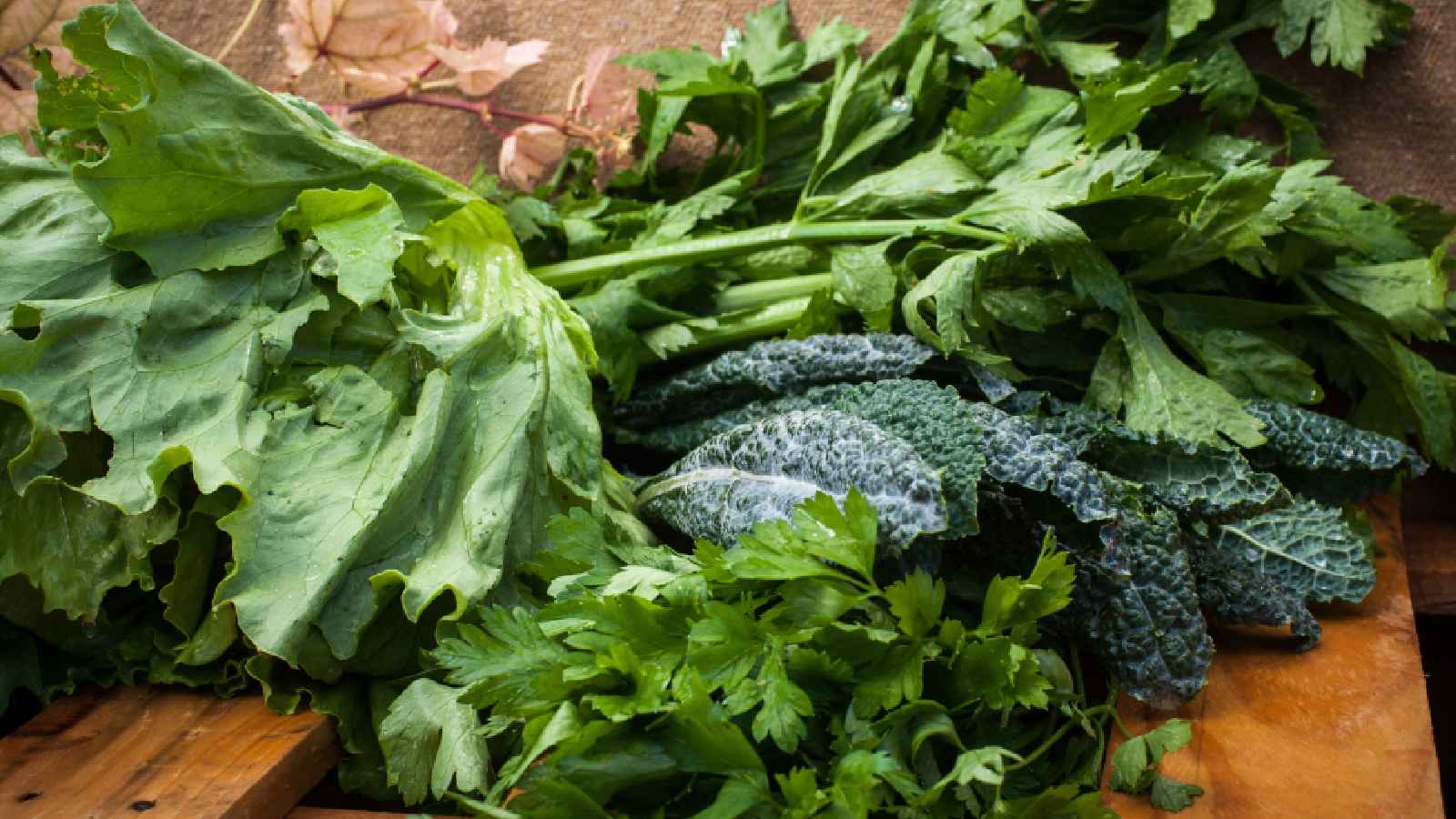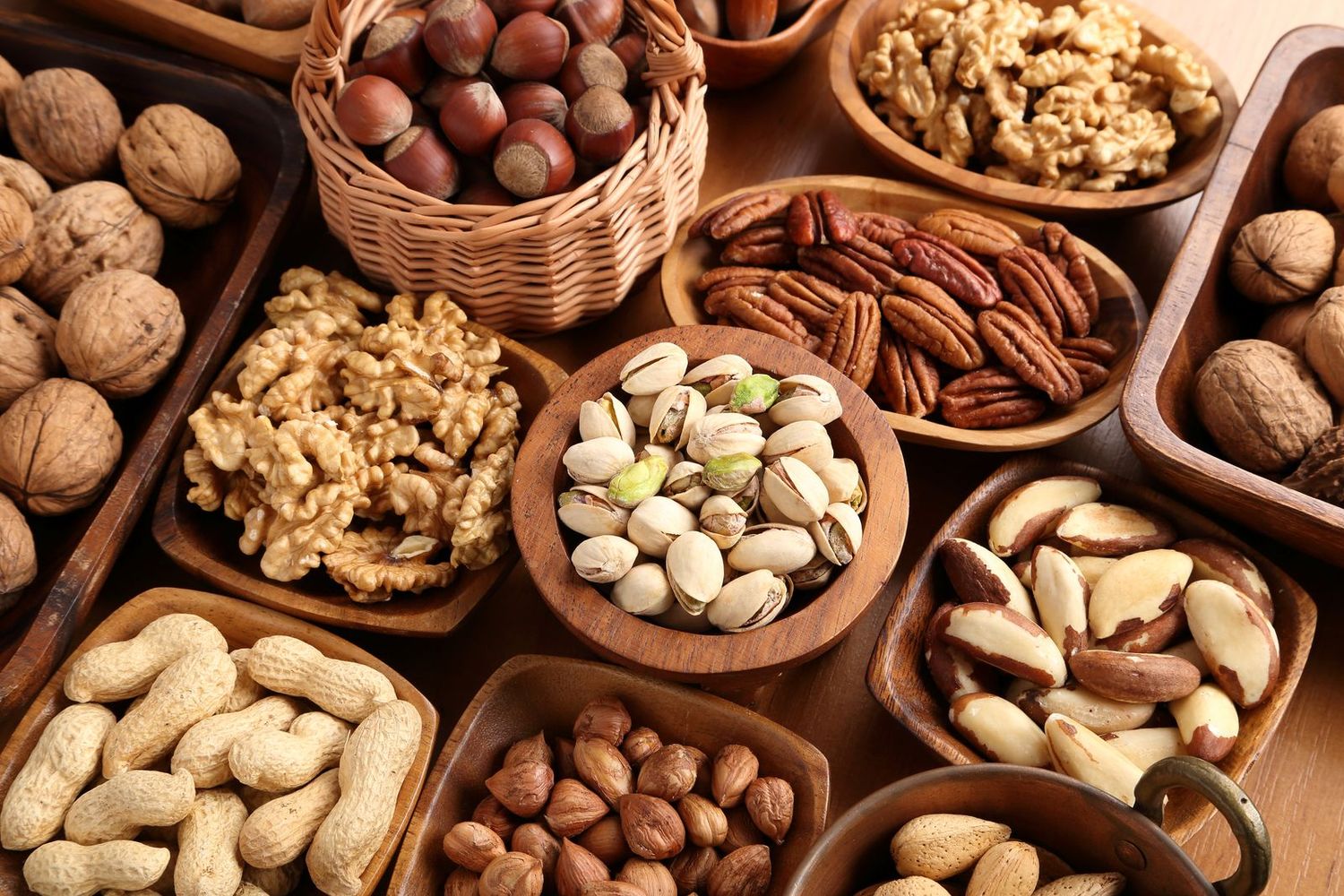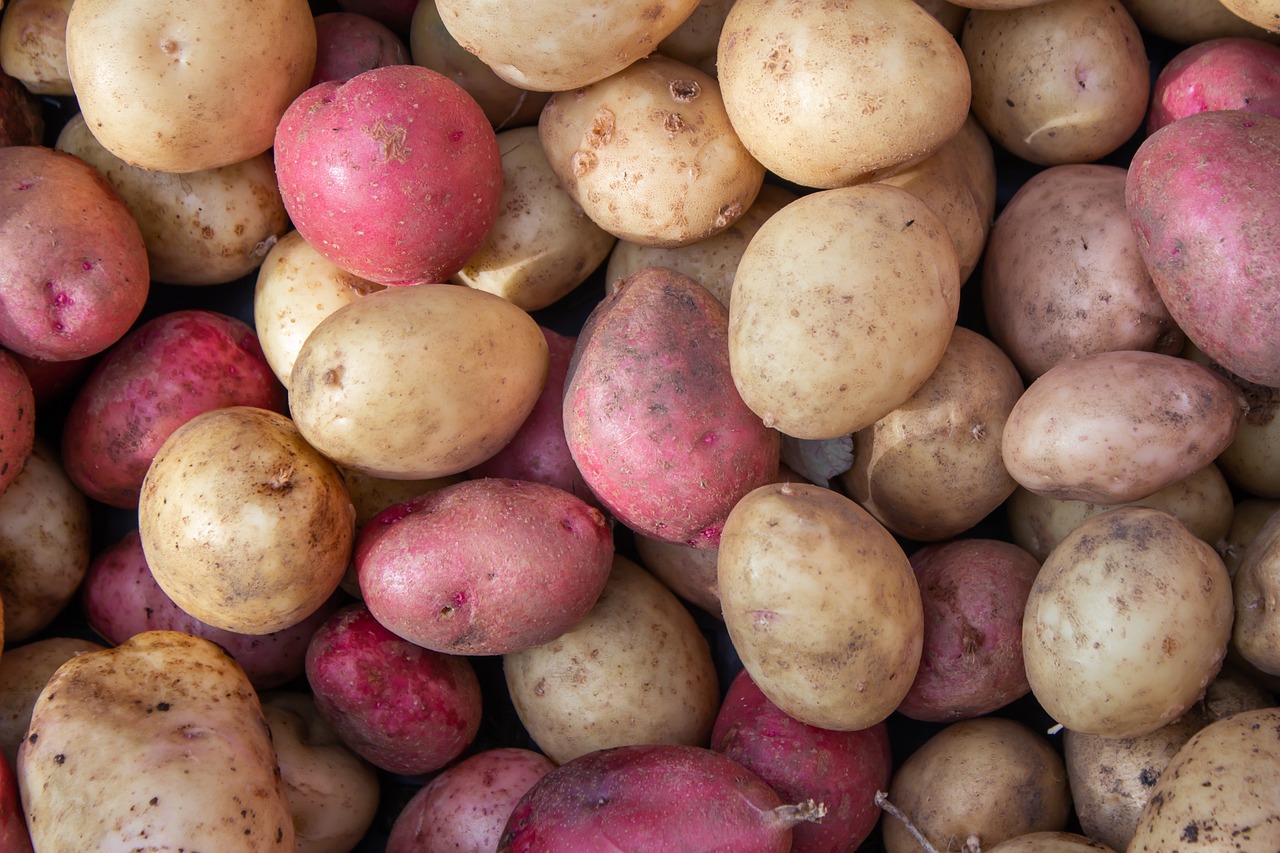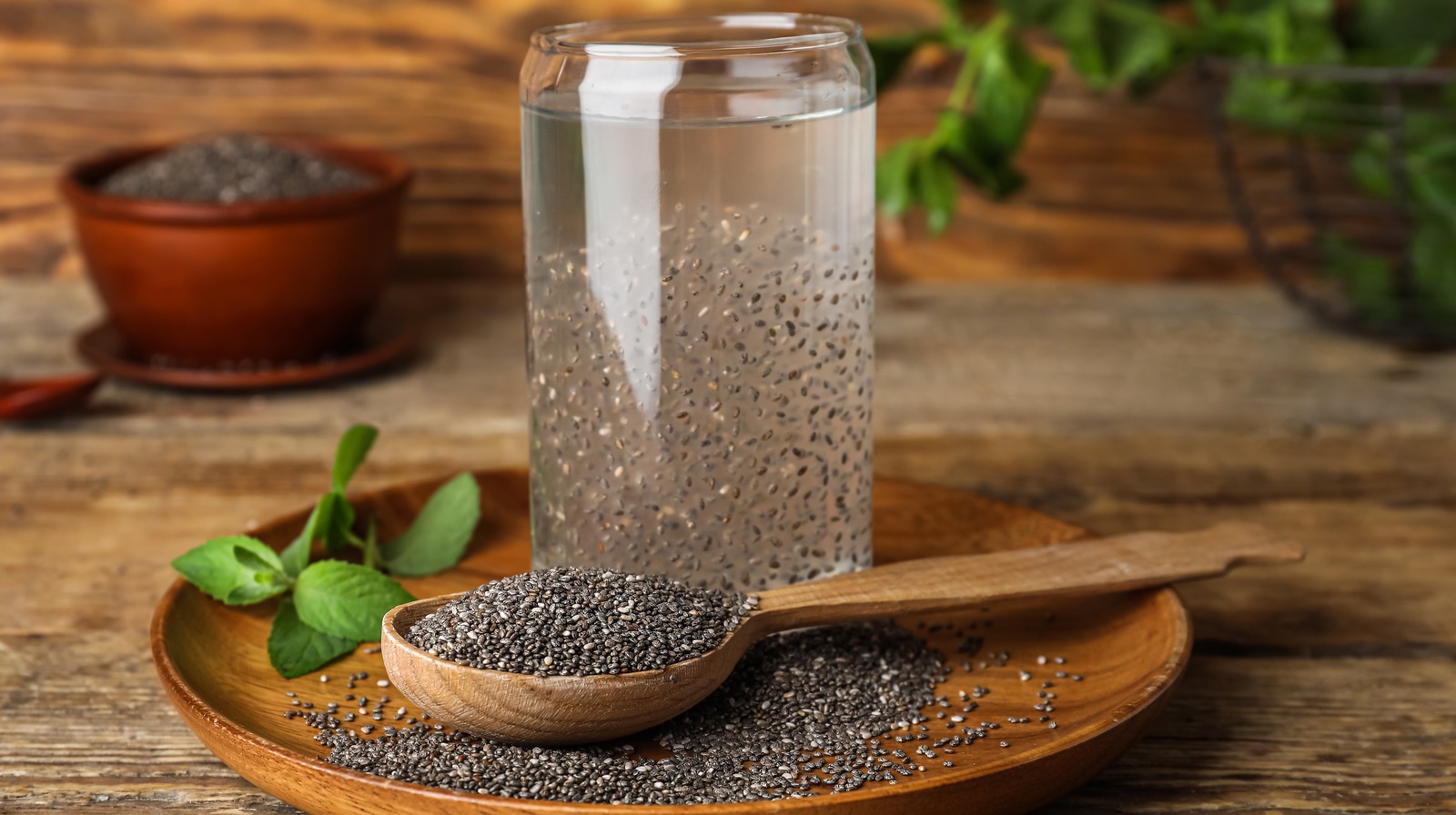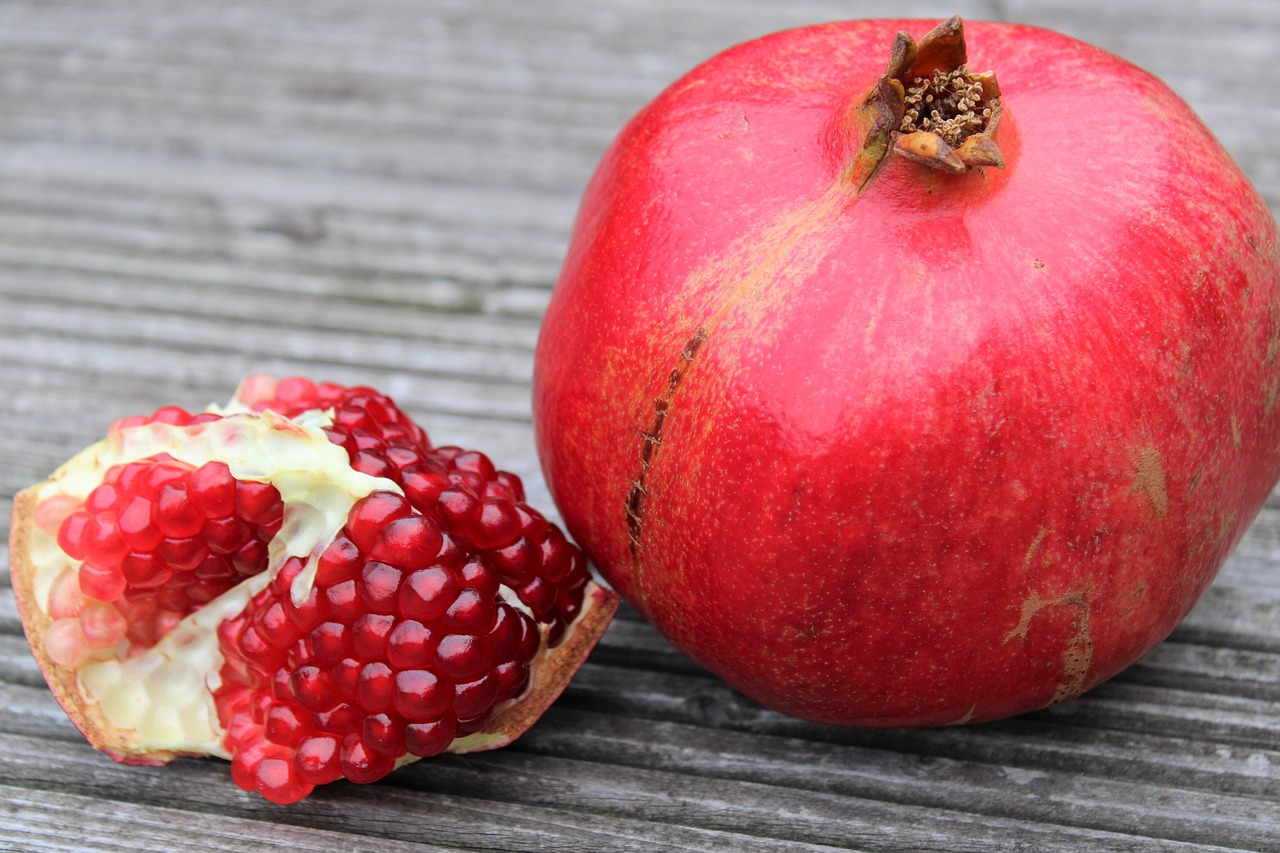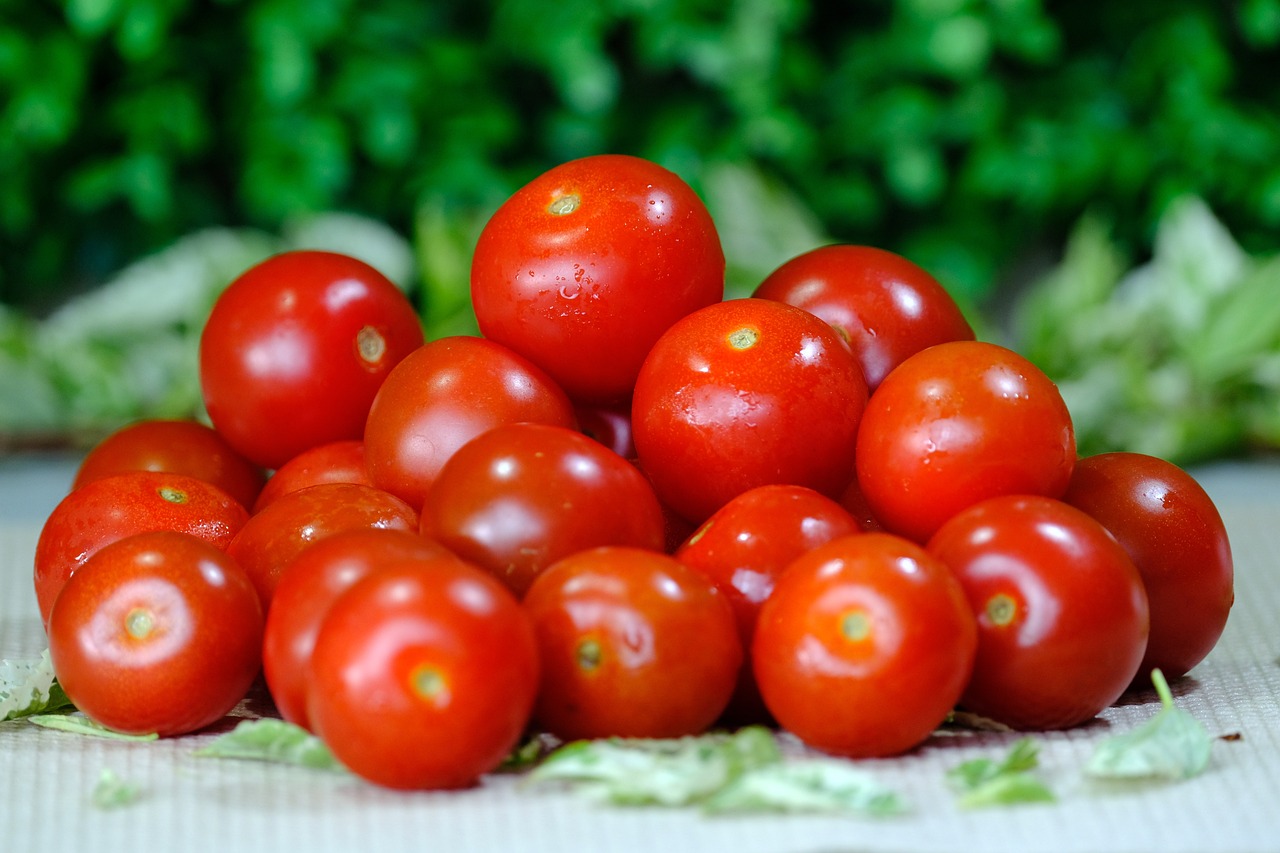![20 Low-Cholesterol Foods For A Healthier Heart [No Meds Needed]](https://www.hangrypants.com/wp-content/uploads/2024/12/a34971e9b84842bf/low-cholesterol-foods.webp)
Cholesterol plays a significant role in heart health. High levels of low-density lipoprotein (LDL) cholesterol, often referred to as "bad" cholesterol, can lead to clogged arteries and increase the risk of heart disease.
On the other hand, high-density lipoprotein (HDL) cholesterol, or "good" cholesterol, helps remove excess cholesterol from the bloodstream, reducing heart disease risk. By including the right foods in your diet, you can lower LDL cholesterol and improve your overall heart health.
1. Oats
Oats are one of the best sources of soluble fiber, which binds to cholesterol in the digestive system and helps remove it from the body. Consuming oatmeal regularly can significantly reduce LDL cholesterol levels. The soluble fiber in oats absorbs excess cholesterol and lowers its absorption into the bloodstream.
Eating 5-10 grams of soluble fiber daily, which is found in a bowl of oatmeal, can lower LDL cholesterol by up to 10%. Oats are a simple and effective addition to a cholesterol-lowering diet.
2. Barley
Barley is another whole grain that is rich in beta-glucan, a type of soluble fiber. This fiber helps lower LDL cholesterol by binding with bile acids and reducing the amount of cholesterol the body absorbs during digestion.
Barley also supports a healthy gut microbiome, which plays a role in regulating cholesterol levels. Barley is a versatile ingredient that can be added to soups, salads, and stews.
3. Beans
Beans, such as kidney beans, lentils, and black beans, are high in soluble fiber, which helps lower LDL cholesterol. Regular consumption of beans can improve cholesterol levels by reducing the amount of cholesterol absorbed from the digestive tract.
In addition to fiber, beans are also rich in plant-based protein, making them a great substitute for animal products that can contribute to higher cholesterol levels. They are also an excellent source of antioxidants and other nutrients that support overall heart health.
4. Fatty Fish
Fatty fish, including salmon, mackerel, sardines, and trout, are rich in omega-3 fatty acids. These healthy fats help lower triglyceride levels, reduce inflammation, and improve the function of HDL cholesterol. Omega-3s do not directly affect LDL cholesterol but help improve heart health by reducing the risk of blood clots and lowering blood pressure.
Eating at least two servings of fatty fish per week is a healthy food optionto maximize the heart-health benefits of omega-3 fatty acids. In addition to omega-3s, fatty fish provide high-quality protein and essential vitamins.
5. Almonds
Almonds are a great source of unsaturated fats, which help lower LDL cholesterol. They are also rich in fiber, which reduces the absorption of cholesterol into the bloodstream. Regular consumption of almonds has been shown to lower LDL cholesterol and reduce the risk of heart disease.
In addition to their cholesterol-lowering benefits, almonds provide antioxidants, vitamins, and minerals that support overall health. However, because almonds are calorie-dense, it is important to consume them in moderation.
6. Avocados
Avocados are loaded with heart-healthy monounsaturated fats, which help reduce LDL cholesterol levels without affecting HDL cholesterol. The fiber in avocados also contributes to lowering cholesterol levels by reducing the absorption of cholesterol from food.
Avocados are not only great for lowering cholesterol but also offer other heart-health benefits, such as reducing inflammation. They are rich in potassium, which helps lower blood pressure. Including avocados in your diet regularly can have a positive impact on cholesterol and overall heart health.
7. Soy
Soy products, such as tofu, soy milk, and edamame, are rich in plant-based protein, which has been shown to help lower LDL cholesterol. Consuming about 25 grams of soy protein daily can reduce LDL cholesterol levels by around 5-6%.
Soy protein also improves the balance between LDL and HDL cholesterol, making it a valuable addition to a heart-healthy diet. Beyond lowering cholesterol, soy provides essential amino acids, fiber, and antioxidants. Incorporating soy into meals can help improve overall cardiovascular health.
Read Also: Plant-Based Calcium Sources To Boost Your Diet
8. Apples
Apples are a fantastic source of soluble fiber, particularly pectin, which helps lower LDL cholesterol by binding to cholesterol and removing it from the body. They also contain polyphenols, antioxidants that contribute to reducing inflammation and protecting the heart.
Eating apples regularly can lower both total cholesterol and LDL cholesterol levels. In addition to supporting cholesterol management, apples are low in calories and packed with vitamins and minerals. A medium-sized apple a day can be an excellent addition to any heart-healthy diet.
9. Olive Oil
Olive oil, especially extra virgin olive oil, is rich in monounsaturated fats, which are known to reduce LDL cholesterol levels and lower the risk of heart disease. The antioxidants in olive oil, such as polyphenols, help reduce inflammation and improve overall cardiovascular health.
By replacing saturated fats, such as those found in butter, with olive oil, you can significantly improve your cholesterol profile. Olive oil is a staple in the Mediterranean diet, which is widely regarded as one of the healthiest eating patterns for heart health.
10. Flaxseeds
Flaxseeds are an excellent source of soluble fiber and omega-3 fatty acids. These two components work together to help lower LDL cholesterol levels and improve heart health. The fiber in flaxseeds binds to cholesterol in the digestive system and helps remove it from the body.
Flaxseeds are also rich in lignans, antioxidants that have been shown to reduce inflammation and improve heart health. Adding flaxseeds to your diet can help lower cholesterol while providing additional nutrients like protein and fiber.
11. Garlic
Garlic has been used for centuries for its medicinal properties, including its ability to lower cholesterol. Research suggests that garlic can reduce both total cholesterol and LDL cholesterol levels. The sulfur compounds in garlic, particularly allicin, are believed to be responsible for its cholesterol-lowering effects.
In addition to cholesterol benefits, garlic has been shown to help reduce blood pressure and improve overall cardiovascular health. To experience the full benefits, it is recommended to consume garlic in its raw or minimally processed form.
12. Green Tea
Green tea is rich in antioxidants called catechins, which have been shown to help lower both total cholesterol and LDL cholesterol. Drinking 2-3 cups of green tea daily can improve cholesterol levels and provide cardiovascular benefits.
In addition to its cholesterol-lowering effects, green tea has anti-inflammatory properties that help protect the heart. Green tea also promotes weight loss, which can indirectly help reduce cholesterol levels. It is an easy and enjoyable way to support heart health throughout the day.
13. Kale
Kale is a nutrient-dense leafy green that is rich in fiber, vitamins, and antioxidants. The fiber in kale helps lower LDL cholesterol by preventing its absorption into the bloodstream. Kale also contains compounds that have anti-inflammatory properties and may help reduce the risk of heart disease.
The high vitamin K content in kale supports proper blood clotting, which is essential for heart health. Adding kale to your diet can help improve cholesterol levels while providing a wide range of nutrients that support overall health. Foods for digestionlike kale promote a healthy gut, aiding in the smooth processing of food and helping to prevent digestive issues.
14. Dark Chocolate
Dark chocolate, particularly varieties with high cocoa content (70% or higher), contains flavonoids that have been shown to improve cholesterol levels. These antioxidants help lower LDL cholesterol and increase HDL cholesterol.
It is important to consume dark chocolate in moderation due to its calorie and sugar content. Choosing dark chocolate with a high percentage of cocoa ensures you get the maximum benefits without excess sugar.
15. Nuts
In addition to almonds, other nuts like walnuts, pistachios, and hazelnuts can help lower LDL cholesterol. Nuts are rich in unsaturated fats, which help replace saturated fats in the diet, leading to improved cholesterol levels.
They also contain fiber, which aids in reducing cholesterol absorption. Because nuts are calorie-dense, it is important to consume them in moderation to avoid excessive calorie intake.
16. Okra
Okra, also known as lady’s fingers, is a vegetable rich in soluble fiber, which helps lower cholesterol. The mucilage in okra binds to cholesterol during digestion, aiding in its removal from the body. In addition to its cholesterol-lowering effects, okra is packed with antioxidants and other nutrients that support overall health.
Consuming okra regularly can improve cholesterol levels and help reduce the risk of heart disease. Okra is a versatile vegetable that can be added to soups, stews, and stir-fries.
17. Sweet Potatoes
Sweet potatoes are rich in fiber, particularly soluble fiber, which helps reduce LDL cholesterol levels. In addition to their fiber content, sweet potatoes are high in antioxidants, such as beta-carotene, which protect the heart and reduce inflammation.
The high potassium content in sweet potatoes helps lower blood pressure, which is beneficial for heart health. They are also a good source of complex carbohydrates, making them a great addition to a balanced diet.
18. Chia Seeds
Chia seeds are an excellent source of fiber, omega-3 fatty acids, and antioxidants. The fiber in chia seeds helps reduce LDL cholesterol and improve overall cholesterol profiles. Omega-3 fatty acids in chia seeds provide additional heart-health benefits, including reducing inflammation and improving blood vessel function.
Chia seeds are also known to help regulate blood sugar levels, which can contribute to better overall heart health. Adding chia seeds to smoothies, yogurt, or oatmeal is an easy way to incorporate these heart-healthy nutrients into your diet.
19. Pomegranates
Pomegranates are packed with antioxidants that help reduce inflammation and improve heart health. Studies suggest that pomegranate juice can lower LDL cholesterol and increase HDL cholesterol. The antioxidants in pomegranates also help reduce oxidative stress, which can contribute to plaque buildup in the arteries.
Regular consumption of pomegranate may help improve cholesterol levels and reduce the risk of heart disease. Pomegranates can be eaten fresh, juiced, or added to salads and other dishes for a nutritious boost.
20. Tomatoes
Tomatoes are rich in lycopene, an antioxidant that has been shown to reduce LDL cholesterol levels. Lycopene works by reducing the oxidation of cholesterol, which helps prevent the buildup of plaque in the arteries.
Tomatoes are also rich in vitamins C and A, which support overall cardiovascular health. Adding tomatoes to salads, sauces, and other dishes is a simple way to enjoy their cholesterol-lowering benefits.
Frequently Asked Questions
How Does Exercise Affect Cholesterol Levels?
Exercise can help lower LDL cholesterol and increase HDL cholesterol. Regular physical activity, especially aerobic exercises like walking, running, and cycling, helps reduce triglycerides and improves overall heart health.
Can Medications Help Lower Cholesterol If Diet Is Not Enough?
If lifestyle changes such as diet and exercise are not enough to control high cholesterol, medications may be prescribed. Statins are the most common cholesterol-lowering drugs, but other types, such as bile acid sequestrants, cholesterol absorption inhibitors, and PCSK9 inhibitors, may also be recommended depending on the individual's health condition.
How Often Should I Have My Cholesterol Levels Checked?
Adults should have their cholesterol levels checked at least once every four to six years, starting at age 20. However, individuals with a higher risk of heart disease or a family history of high cholesterol may need to be tested more frequently.
Can High Cholesterol Be Inherited?
High cholesterol can be inherited. Familial hypercholesterolemia (FH) is an inherited condition that results in high cholesterol levels from birth, increasing the risk of heart disease at an early age.
Conclusion
Maintaining healthy cholesterol levels is a crucial part of safeguarding your heart and overall health. Cholesterol, while essential for various bodily functions, becomes a risk when its levels become imbalanced.
Cholesterol-lowering foods can actively manage your cholesterol and reduce your risk of heart disease, strokes, and other cardiovascular issues. A well-rounded approach that combines dietary changes, physical activity, and regular check-ups is essential for keeping your cholesterol in check.
You Might Also Like: High-Magnesium Foods To Boost Your Health
